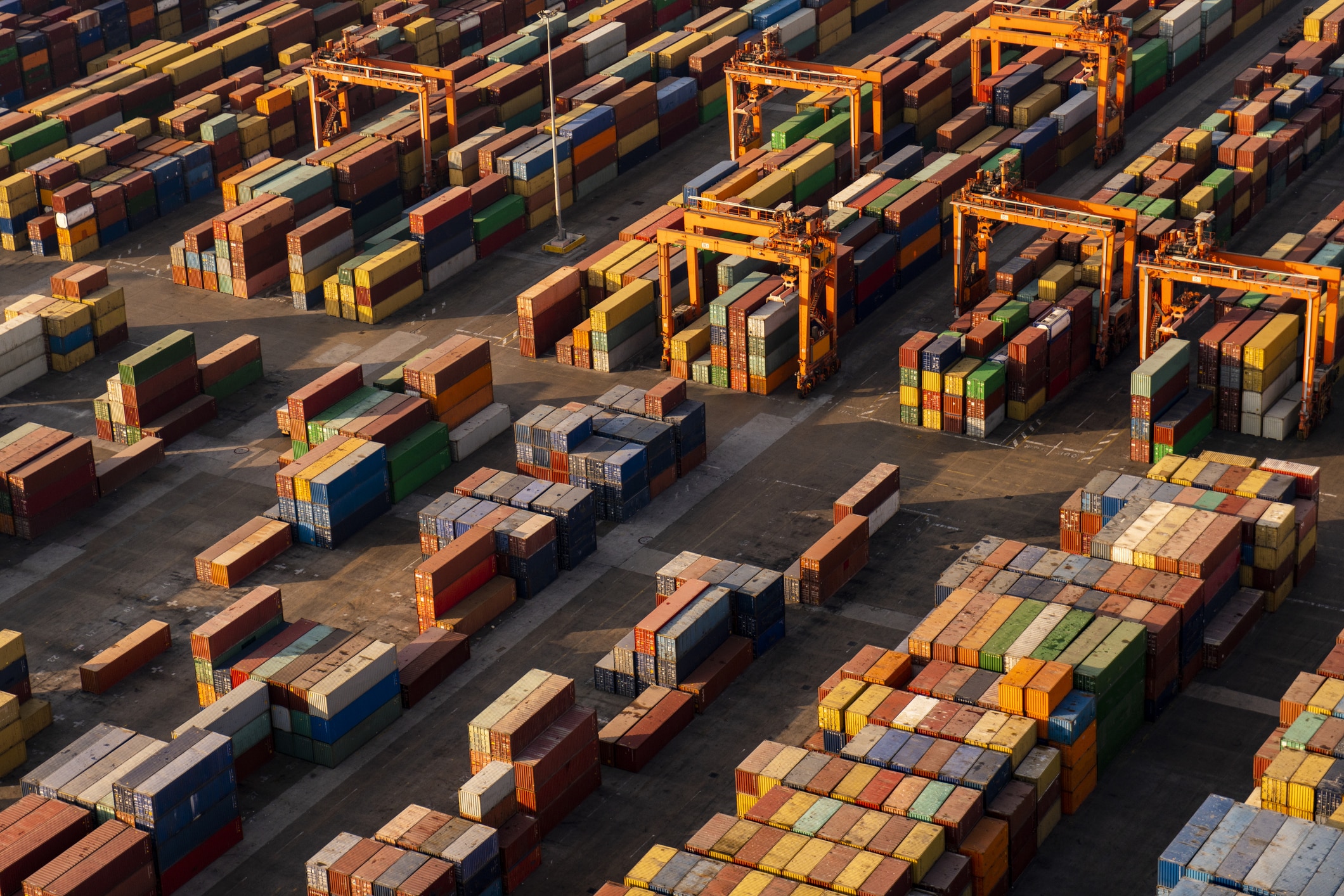Featured in: Parcel and Postal Technology
It’s been a year since Sir Keir Starmer’s Labour government swept to power, promising to “restore Britain to the service of working people” and usher in an era of change. But how much progress has been made – and how has the logistics sector, the backbone of the UK economy, fared?
Labour’s 2024 election manifesto set out ambitious goals: major infrastructure investment, skills development, and a push toward a greener economy. Twelve months on, logistics firms are beginning to see the early effects of these initiatives, although the true impact varies significantly across different areas.
It’s time to take stock. With July marking both the end of the political year and the academic one, it’s a fitting time to issue a “report card”, or an assessment of where the Government is exceeding expectations and where it’s falling behind.
Smooth foreign trade – Grade: B
One of the early pledges was to rebuild relationships with key trading partners, particularly the European Union and the United States. Progress here has been visible, with the government prioritising improved dialogue and cooperation. While global headwinds – particularly from U.S. tariff policies – have created challenges, steps are being taken to reduce customs friction and duty burdens.
There’s a long way to go before trade flows as smoothly as before Brexit, but the intent is there. More streamlined border processes and simplified documentation would be welcome next steps.
Infrastructure investment – Grade: B
On paper, Labour’s commitment to upgrading roads, rail, ports, and airports has drawn strong industry support. The focus on creating a more connected and resilient logistics network is a step in the right direction. However, the funding commitments remain modest relative to the scale of ambition. Equally, the recent scale back of welfare reforms indicates that spending constraints may cause some of this to be dialled back in future spending reviews.
The Treasury has yet to fully back the transformative potential of infrastructure in boosting long-term productivity, so while there is potential here to move up to an A grade, it could just as easily fall through to a C or D if words aren’t matched by action.
Workers’ welfare – Grade: C
Labour’s promise to elevate worker protections has seen only modest progress. An increase in the minimum wage and incremental workplace rights reform have helped, but the delay to implement some of these show a lack of confidence.
For the logistics industry, which is often affected by precarious employment conditions and high turnover, the expectation was for bolder reform. Access to training has improved slightly, including the £275 million package as part of the industrial strategy to boost technical training and apprenticeships. However, the burden of upskilling remains largely on employers, many of whom are already grappling with tight margins.
There is also a tension within the Government: a desire to improve conditions for workers while maintaining business competitiveness. So far, that balance has leaned toward caution.
Green transport – Grade: D
Arguably the weakest area of progress has been in the transition to green transport. Freezing fuel duty may have eased cost pressures in the short term, but it risks undermining the long-term shift to cleaner energy models.
Electric vehicle (EV) adoption, particularly for fleet use, is stagnating. ‘Range anxiety’ and lack of charging infrastructure continue to deter uptake. While Labour’s green rhetoric remains strong, delivery has not kept pace with the scale of the climate crisis.
Logistics firms – many of which are eager to decarbonise – need clearer incentives, more infrastructure, and a robust regulatory framework to support the transition.
Championing innovation – Grade: B for talk… E for delivery
The Government has talked extensively about innovation, highlighting digitisation, automation, and AI as central to its industrial strategy. However, the industry is still waiting for concrete incentives or funding streams to support digital transformation.
This is particularly important for logistics, where the potential for optimisation through technology is vast – but often out of reach for smaller operators without external support. A clear roadmap for logistics innovation, backed by real investment, would transform supply chain productivity and resilience.
A government of caution, not change
As Rohan McWilliam, Professor of Modern British History at the University of Cambridge puts it, “this is a government that promised change in 2024 but its tone so far has proven to be one of caution.”
Indeed, while the Labour government has brought welcome political stability after years of turbulence, many of its transformative promises remain on the drawing board. Encouraging signals on infrastructure, green transport, skills, and worker protections are yet to be matched with delivery.
The Government has also faced considerable global pressures, from instability in the Middle East to U.S. tariff policy, not to mention domestic challenges including fuel bills and welfare cuts. These issues have diluted focus and distracted from core economic goals.
For logistics, the verdict is still out – but over the next 12 to 24 months, it’s now time to walk the talk.





